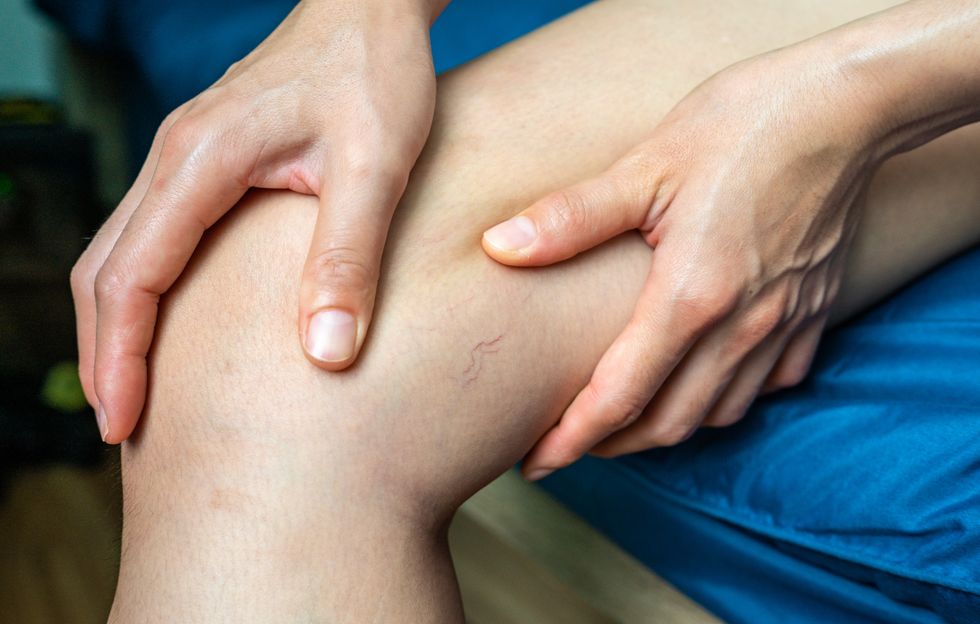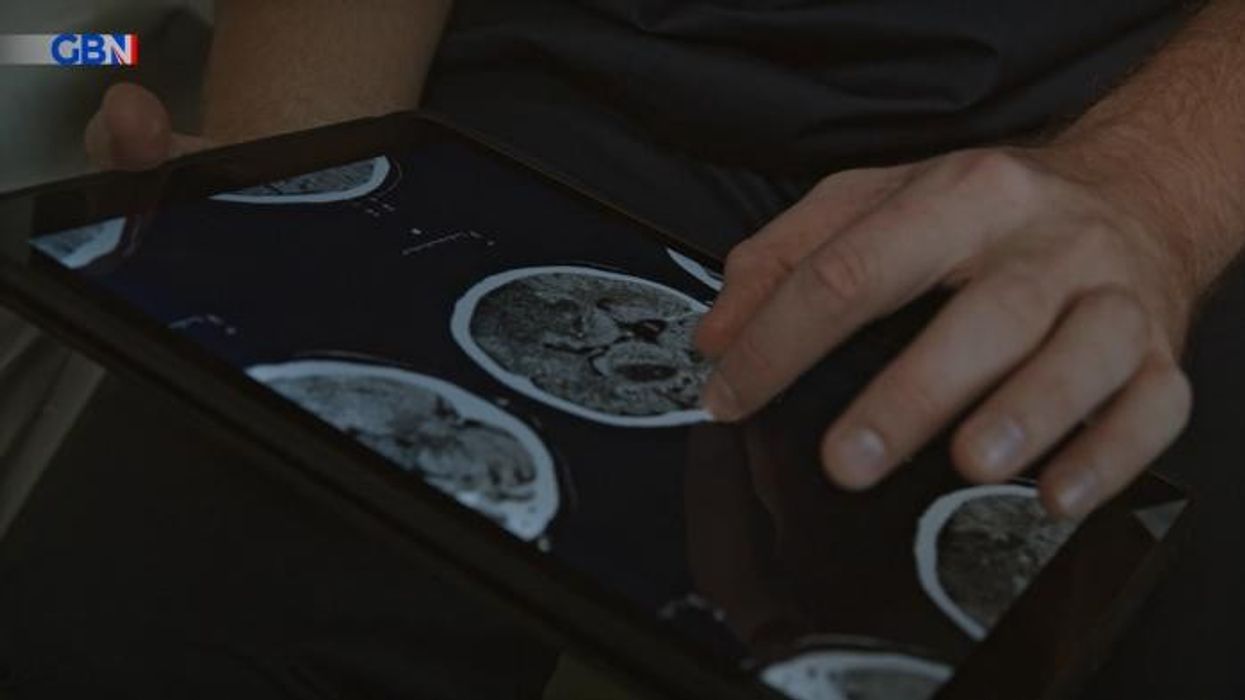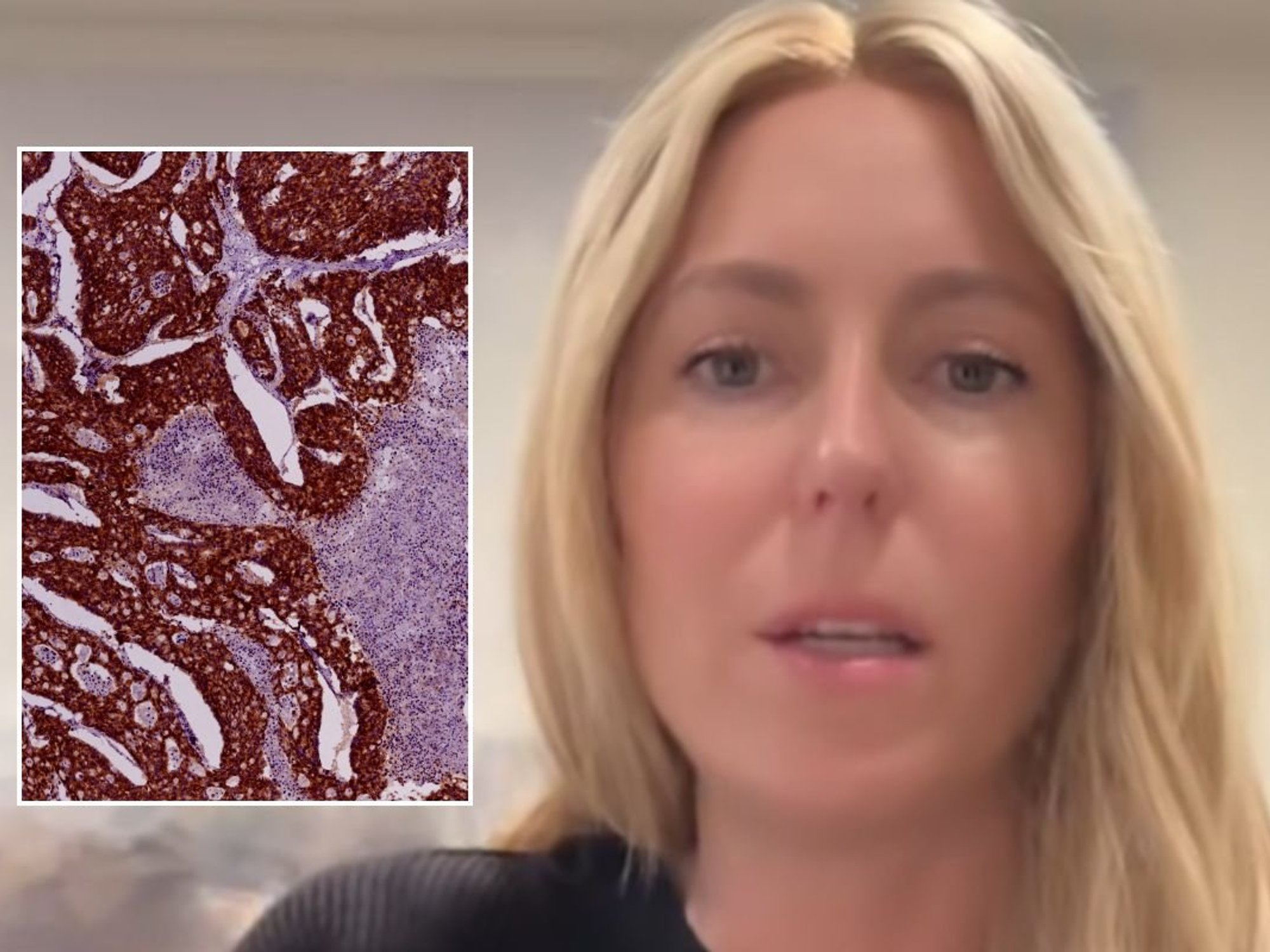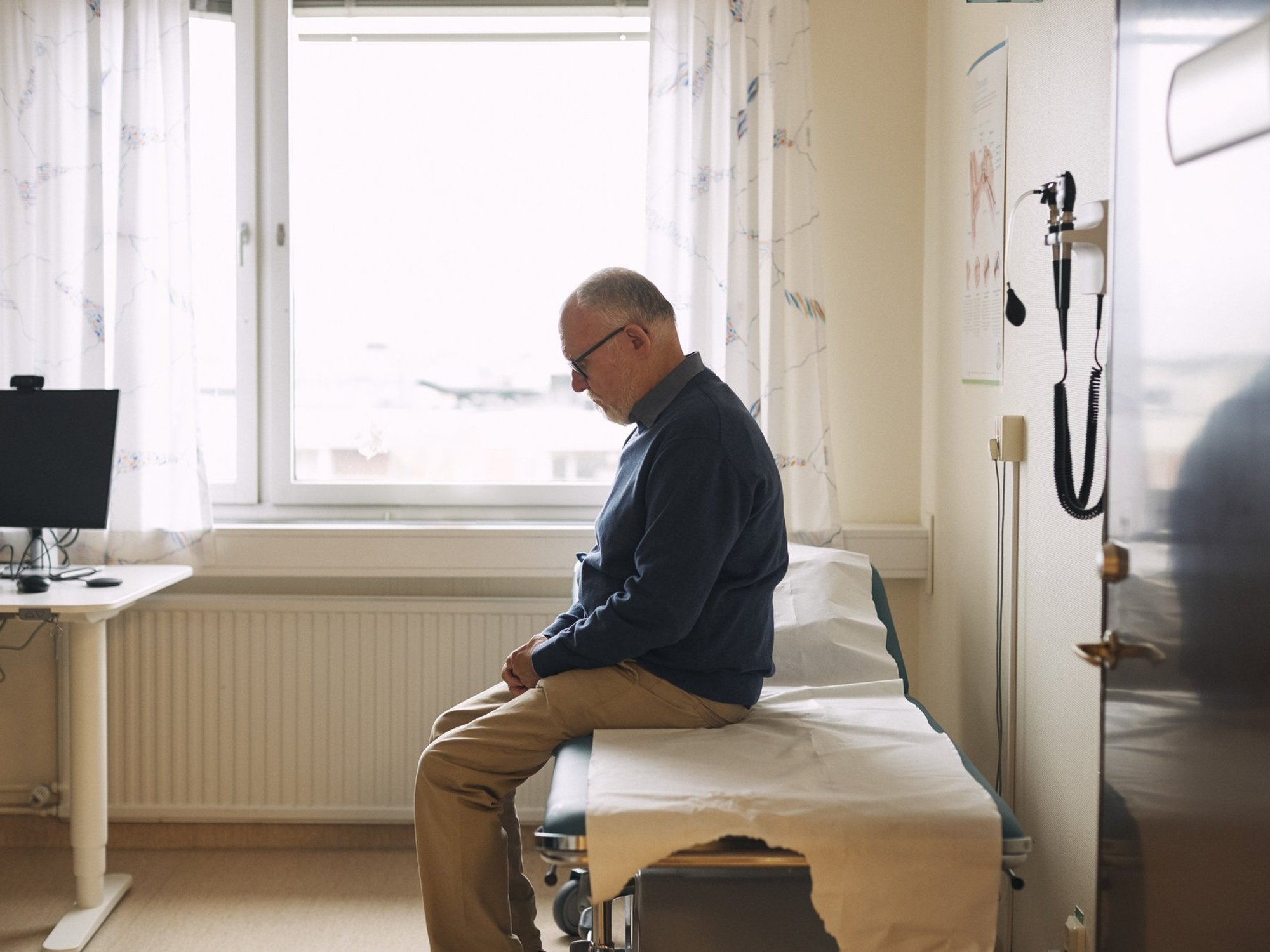Peculiar sensations in legs and feet could signal varicose veins - with dementia among risks

New findings suggest that cold hypersensitivity deserves greater attention as a potential indicator of varicose veins
Don't Miss
Most Read
People with cold feet and a feeling of heaviness in their legs are significantly more likely to have varicose veins, according to a large study.
The research found that cold hypersensitivity, a symptom often underestimated by healthcare providers, is strongly linked to the presence of varicose veins, which affect between 2 per cent and 30 per cent of adults.
Researchers mined data from the Taiwan Biobank, covering the period from January 2008 to December 2020.
The study, published in Open Heart, included 8,782 participants aged between 30 and 70, who were questioned about their cold hypersensitivity in their feet and feelings of leg heaviness.

People with a feeling of heaviness in their legs are significantly more likely to have varicose veins
|GETTY
Of these participants, 676 reported having moderate to severe varicose veins.
The analysis also collected information on potentially influential factors such as sex, diet, age, smoking habits and job type.
The statistical analysis revealed that moderate to severe cold hypersensitivity was associated with a 49 per cent - 89 per cent heightened likelihood of varicose veins compared with no hypersensitivity.
Similarly, people with varicose veins were four times more likely to report heavy legs than those without the condition.
Job type also emerged as an influential factor, with positions involving prolonged standing associated with a 45 per cent higher likelihood of varicose veins.
The association between cold hypersensitivity and heavy legs was particularly significant. In those without cold hypersensitivity, the likelihood of varicose veins with leg heaviness was seven times greater than in those without leg heaviness.
For those reporting both symptoms, the risk was even higher - 90 per cent greater for those with moderate cold hypersensitivity, and more than three times higher for those with extreme cold hypersensitivity.
The findings come as a separate study published in PLOS One explored the link between varicose veins and dementia risk.
This longitudinal research, which followed nearly 400,000 individuals over 13 years, found that people with varicose veins had an increased risk of all-cause dementia.
LATEST DEVELOPMENTS:

People with varicose veins may have an increased risk of dementia
|GETTY
Notably, the study suggested that treatment of varicose veins might potentially reduce the incidence risk of vascular dementia, though researchers cautioned that these associations do not imply causality.
The researchers behind the Open Heart study emphasised that healthcare providers often underestimate the significance of varicose veins and their symptoms.
"In clinical practice, the sensation of coldness is usually relegated to a secondary position among the many varicose vein symptoms. This relegation is attributed to its subjectivity and the consequent ease with which it can be overlooked," they noted.
These findings suggest cold hypersensitivity deserves greater attention as a potential indicator of varicose veins.











